Is Grenada Safe? 5 Essential Travel Safety Tips to Consider
Just how safe is Grenada for travelers? This Caribbean gem does have crime, health and safety risks. Find out how to keep safe before traveling to this tropical paradise.
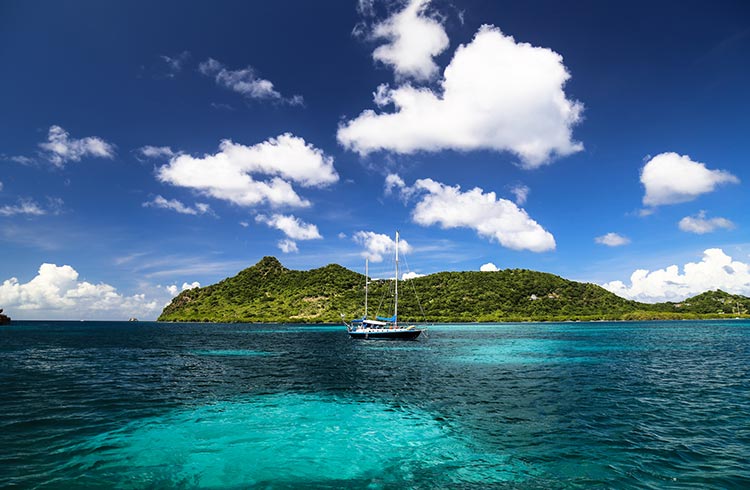 Photo © Getty Images/Petronella Pieprz
Photo © Getty Images/Petronella Pieprz
COVID-19 travel restrictions: Click here for closed borders in the Caribbean, or here to see which islands are open for travel.
Tiny in comparison to its Caribbean neighbors, the island of Grenada covers an area of only 133mi² (348.5km²). But despite Grenada's small size, there are plenty of places to explore by hiking, biking, sailing, diving, or, maybe you just want to relax on the beaches. The people here are friendly, the food is delicious and the atmosphere is electric.
There are a few safety concerns to consider before you go. Here's everything you need to know to stay safe while traveling around Grenada, from health and natural hazards to crime and local laws.
- How bad is crime in Grenada?
- Local laws in Grenada
- Safe transport for travelers in Grenada
- Travel health concerns
- Natural hazards in Grenada
How bad is crime in Grenada?
Perhaps a reflection of the island's small, tight-knit community, crime in Grenada is not a huge problem. Most incidents are petty in nature, with opportunistic thieves targeting tourists for pickpocketing, purse snatching and muggings. Popular items to steal include credit cards, cameras, jewelry, money and passports.
Thieves often hang around in touristy areas like outside hotels and near restaurants and beaches. Take appropriate precautions to avoid being targeted keep valuables well concealed, and remain aware of your surroundings at all times.
Crime rates increase after dark, so use particular care at night and avoid wandering around alone.
The good news is, local venders (particularly in the St. George's market square and the Grand Anse area) are working together as a team to help prevent criminal activity. They have essentially formed their own neighborhood watch, and work together to employ security in the area. As a result, these places have become much more safe for visitors.
Local laws in Grenada
There are not many unusual local laws to worry about here, but there are a couple worth mentioning. First, it is considered highly offensive for anyone to dress in camouflage clothing, including children – so leave the camouflage clothing at home.
In Grenada, there are no laws in place to protect the LGBTQ+ community from discrimination, and some homosexual acts are still illegal. Travelers should be mindful to keep public displays of affection to a minimum.
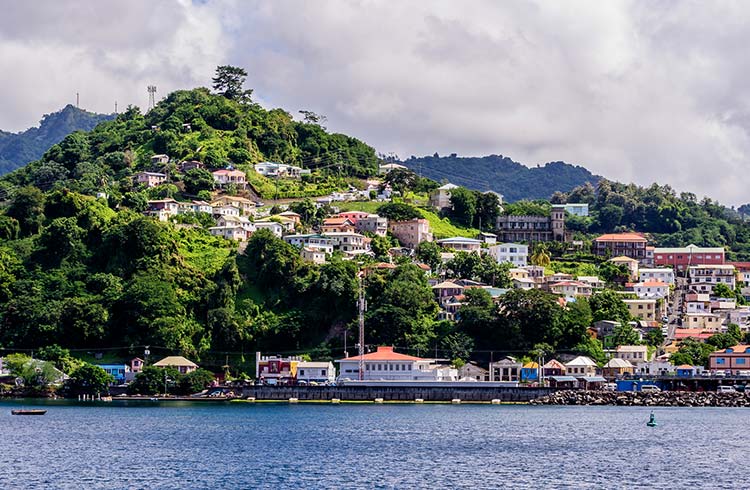
Safe transport for travelers in Grenada
If you plan on using taxis, ask first if the driver is a member of the Grenada Taxi Association (GTA), as membership requires further training and passing additional driving tests. GTA members are also typically more reliable and quite knowledgeable about the local attractions. It is recommended travelers only hire drivers from reputable companies (preferably via your accommodation or a restaurant) rather than just hailing a taxi on the street.
Driving in Grenada can be a bit challenging, with deteriorating road conditions and steep, windy roads. The relaxed island attitude also translates to the attention to and enforcement of road rules. Use particular care when approaching traffic lights, intersections and pedestrian crossings, even if you feel you have the right of way as the others you are sharing the road with may feel the same way. When it doubt, yield and let others go ahead.
Many of the roads in Grenada are in poor condition. Potholes and open drains are everywhere and can mean disaster to your tires and vehicle so pay close attention.
Some recommend the use of four wheel drive vehicles, particularly in the more rural areas of the country since they are easier to handle on steep and rugged terrain.
If you decide to use public buses, only wait at designated bus stops. Standing anywhere else and attempting to catch a bus by flagging one down is frowned upon as it has caused many dangerous accidents, especially on busy roads.
Travel health concerns
Dengue fever is common across the Caribbean, and outbreaks may occur at any point throughout the year. Dengue is an insect borne illness that is typically contracted through bites from infected mosquitos.
To avoid contracting this dangerous disease, apply quality insect repellent and wear long sleeved shirts, pants and closed-toed shoes to prevent exposure to insect bites at dawn a dusk, or when visiting areas where stagnant water may be around.
The drinking water in Grenada is safe to drink for the most part, since it is chlorinated. However, during and after periods of heavy rain the quality control of the water is sometimes lacking. This is particularly true in the city of St. George's. You're safest bet is to purify water before drinking it (boil or bring purification tablets), regardless of the weather during your stay to avoid any unpleasant stomach bugs.
Beware of local bars that offer a "pain killer" cocktail. These nasty concoctions have become somewhat famous in Grenada, but they are often prepared with a homemade rum that has an extremely high alcohol content, as well as a few "under the counter" ingredients. You could find yourself very ill, so you're better off passing on this drink.
Natural hazards in Grenada
Tropical storms and hurricanes are a threat here. Hurricane season runs from June through November, and these storms may bring heavy wind and torrential rain, which can result in beaches being closed and serious flooding in some of low lying areas, such as parts of St. George's and Hillsborough. Plan your trip accordingly.
One of Grenada's biggest industries is spices such as vanilla, cinnamon, mace and nutmeg. The quality is unmatched. Keep in mind, however, that there are counterfeits out there that may contain unknown ingredients. So, if you plan on purchasing some spices to bring home with you, be sure they are properly packaged. If anything appears to have been tampered with, don't take any chances – discard it. Also, be sure to check with the quarantine department in your country to see if you can bring food material like spices back home.
One particular natural hazard to watch for is the Manchineel tree. These deadly plants grow along the shoreline and give the false appearance of being a lovely provider of shade from the hot Caribbean sun or an unexpected rain shower. Don't be fooled! Just about every part of the Manchineel tree is highly poisonous because it contains a toxin called tigliane phorbol esters. Any contact with the skin can cause blistering, burns, erythema, swelling, and inflammation. The sap of the tree can even cause blindness.
If the apple-like fruit of the tree is ingested, it will cause burning and swelling of the mouth and throat, making it almost impossible to swallow, difficult to talk, and hard to breathe. It can even be fatal. If you see one of these deadly trees, steer clear.
Perfectly nestled within the crystal clear waters of the Caribbean Sea, the country of Grenada provides some of the most authentic island experiences in the world. From alluring sun-kissed beaches to warm, welcoming people, a laid back atmosphere and fantastic terrain just waiting to be discovered, its size may be small but its personality is enormous. Whether you're looking for relaxation or a wild adventure, travel to Grenada is one of may highlights in the Caribbean.
Related articles
Simple and flexible travel insurance
You can buy at home or while traveling, and claim online from anywhere in the world. With 150+ adventure activities covered and 24/7 emergency assistance.
Get a quote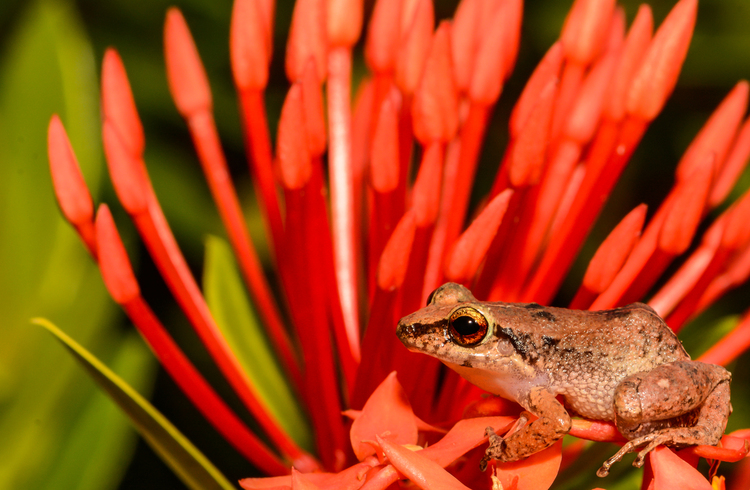
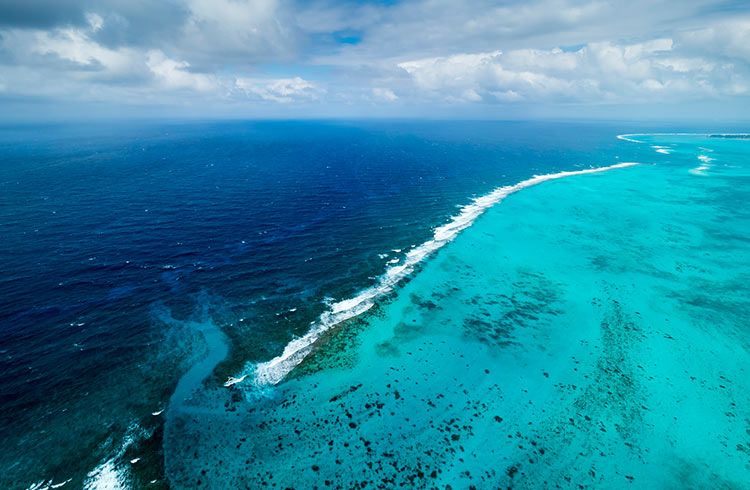
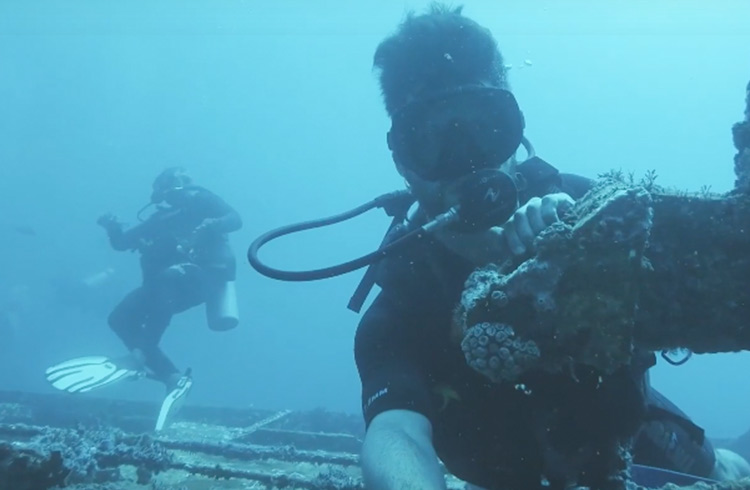
No Comments